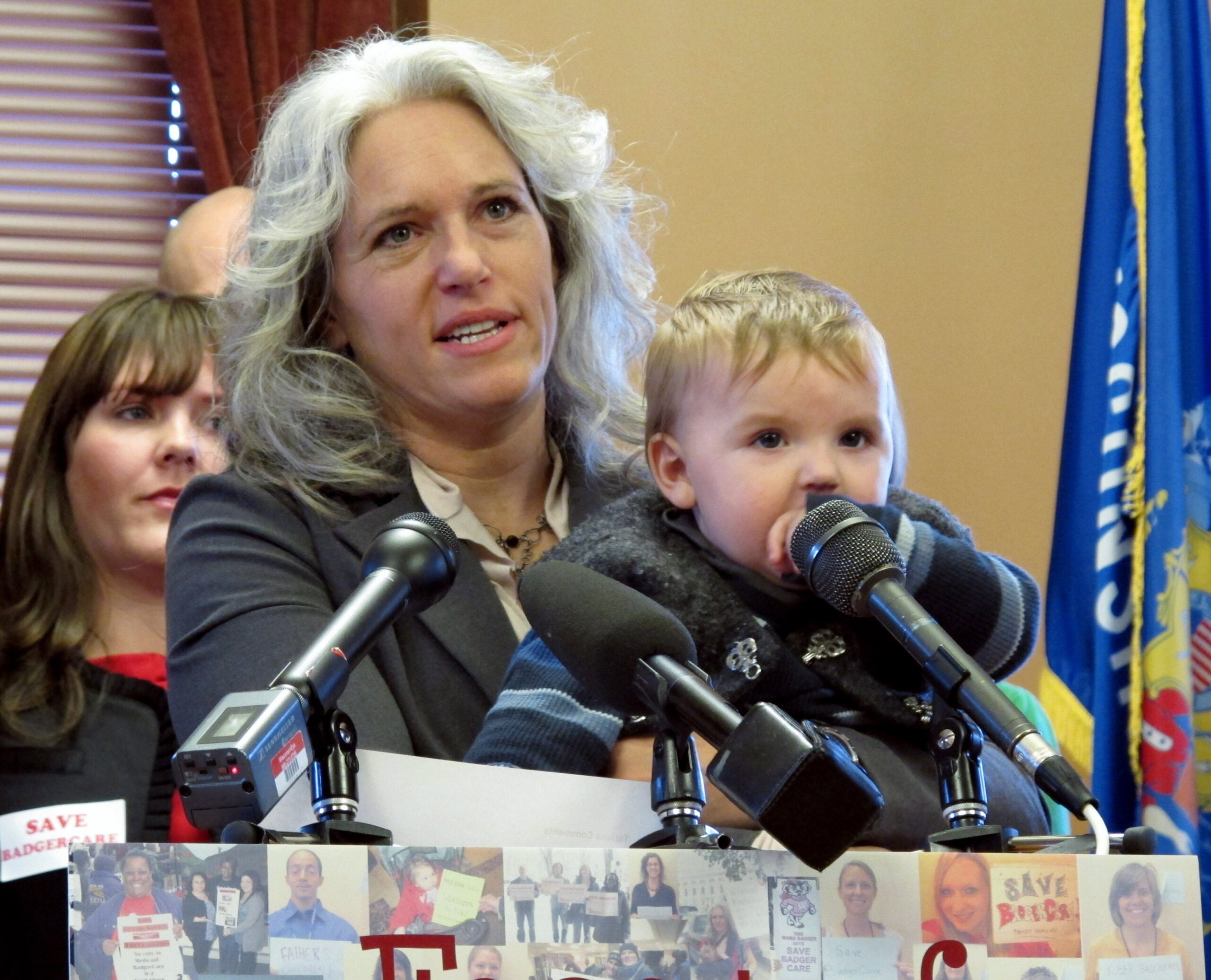A GOP-led budget committee is advancing a provision that would block Wisconsinites from getting Medicaid coverage for certain transgender health services.
Republican lawmakers on Wisconsin’s Joint Committee on Finance approved a $3 billion boost to health services funding in the wee hours of Friday morning. Included in that motion was language that bars Medicaid reimbursement for gender reassignment surgery. It also bars coverage of puberty blockers if those drugs are used to treat to gender dysphoria or to assist in gender transition.
Democratic Gov. Tony Evers had not commented on the proposal as of Friday afternoon, but the measure could be headed for a veto.
News with a little more humanity
WPR’s “Wisconsin Today” newsletter keeps you connected to the state you love without feeling overwhelmed. No paywall. No agenda. No corporate filter.
It’s not clear whether the provision is legally enforceable. In 2019, a federal judge sided with a group of transgender Wisconsin residents and struck down a state policy that excluded gender-affirming care from Medicaid coverage. That 1997 rule violated the U.S. Constitution’s equal protection clause as well as federal laws, including the Affordable Care Act, the judge ruled.
The language approved by lawmakers Friday specifies that the prohibition applies “to the extent permitted by federal law.”
State Sen. Kelda Roys, D-Madison, blasted the vote, accusing her Republican colleagues of using transgender Wisconsinites as “political punching bags.”
“This is not just, like, ‘Oh, let’s slip a little fun thing in here because this is, like, good culture war stuff,”‘ she said. “You’re hurting people. It’s hurtful.”
The Republican finance committee chairs did not immediately respond Friday afternoon to a request for comment.
The language approved this week comes amid a national wave of anti-transgender legislation, said Bill Keeton, a lobbyist and vice president for Vivent Health. The Wisconsin-based health clinic serves adults with HIV, and that includes transgender people seeking gender-affirming care.
“It serves to stigmatize, to reinforce transphobia and homophobia in ways that push people further to the margins of society, who are already in many, many ways tremendously marginalized,” he said.
Many of Vivent’s patients use Medicaid and a disruption to their treatment could have severe consequences, Keeton said.
“That has a real impact, especially on the mental health and psychological health of folks,” he said. “They’ve identified the need to go on this sort of treatment journey to make sure that, to put it plainly, the outside of their body represents what the inside of their body feels like to them. That’s not a delicate, nor a short-lived or an off-the-cuff sort of journey for a lot of folks.”
Wisconsin Public Radio, © Copyright 2025, Board of Regents of the University of Wisconsin System and Wisconsin Educational Communications Board.







